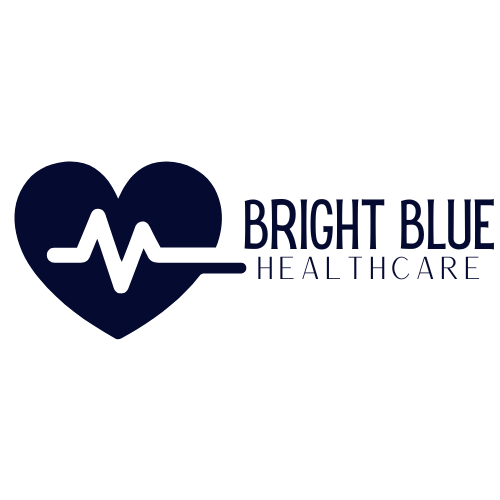As medical professionals and experts in the field of healthcare, we have dedicated our lives to improving the well-being of others. Our commitment to providing high-quality care to patients extends far beyond our initial education and training. In order to stay up-to-date with the latest advancements and provide the best possible care, continuous learning is crucial. In this article, we will explore the importance of lifelong learning in healthcare and how it can benefit both medical professionals and the patients they serve.
The Evolving Nature of Healthcare
Healthcare is a dynamic field that is constantly evolving. New diseases, treatments, and technologies continue to emerge, and it is essential for medical professionals to stay ahead of these advancements. Continuous learning allows us to stay current with the latest research, treatment guidelines, and best practices. By continuously acquiring new knowledge and skills, we can adapt to the changing landscape of healthcare and provide the most effective and evidence-based care to our patients.
Advancements in Medical Technology
One of the driving factors behind the need for continuous learning in healthcare is the rapid advancement of medical technology. From state-of-the-art diagnostic tools to robotic surgical systems, the healthcare industry is constantly adopting new technologies to improve patient outcomes. Medical professionals who are not adept at using these tools may find themselves at a disadvantage when it comes to providing the best possible care. Continuous learning ensures that we are familiar with the latest advancements in medical technology and are able to leverage them to benefit our patients.
Keeping Pace with New Research
Medical research plays a vital role in advancing our understanding of diseases, treatments, and preventive measures. By keeping pace with new research findings, medical professionals can incorporate the latest evidence into their clinical practice. This allows us to provide the most up-to-date, effective, and safe treatments to our patients. Continuous learning enables us to critically evaluate research studies, understand their implications, and apply the findings appropriately in our practice.
Enhancing Patient Safety and Quality of Care
Continuous learning also has a direct impact on patient safety and the quality of care provided. Being knowledgeable about current best practices, guidelines, and protocols helps us avoid medical errors and make informed decisions. Research has shown that healthcare professionals who engage in continuous learning are more likely to adhere to evidence-based practices, reducing adverse events and improving patient outcomes. By continuously learning and refining our skills, we can provide safer and more effective care, ultimately enhancing the overall patient experience.
Personal and Professional Growth
In addition to benefiting patients, continuous learning also promotes personal and professional growth for medical professionals. Learning new skills and knowledge not only enhances our abilities but also boosts confidence in our practice. It allows us to expand our horizons, gain a deeper understanding of different medical specialties, and explore emerging areas of healthcare. Continuous learning opens doors to career advancement opportunities and can lead to specialization in specific fields of medicine. Moreover, it fosters a sense of professional satisfaction and fulfillment, as we see the positive impact our learning has on patient care.
Embracing Lifelong Learning
As medical professionals, it is imperative that we embrace lifelong learning as an integral part of our careers. There are several strategies we can employ to facilitate continuous learning:
- Attending conferences and workshops: Participating in conferences, workshops, and seminars allows us to learn from experts in our field, exchange ideas, and stay informed about the latest research and advancements.
- Reading scientific literature: Keeping up with medical journals, research papers, and publications helps us stay abreast of new findings and developments in our area of expertise.
- Participating in online courses and webinars: Online learning platforms and webinars provide convenient and accessible opportunities for continuous learning, offering a wide range of topics and expert-led sessions.
- Engaging in peer discussions and case studies: Collaborating with colleagues, participating in peer discussions, and analyzing case studies can deepen our understanding and help us apply theoretical knowledge to real-world scenarios.
- Seeking mentorship and guidance: Mentors play a crucial role in our professional development journey. Their guidance and insights can help us navigate challenges, make informed decisions, and foster continuous learning.
Conclusion
In the ever-evolving field of healthcare, continuous learning is essential for medical professionals and experts. By staying up-to-date with the latest advancements, research, and best practices, we can provide the highest level of care to our patients. Continuous learning not only enhances patient safety and quality of care, but also promotes personal and professional growth. By embracing lifelong learning and actively seeking opportunities to expand our knowledge and skills, we can make a lasting impact on the health and well-being of those we serve.





